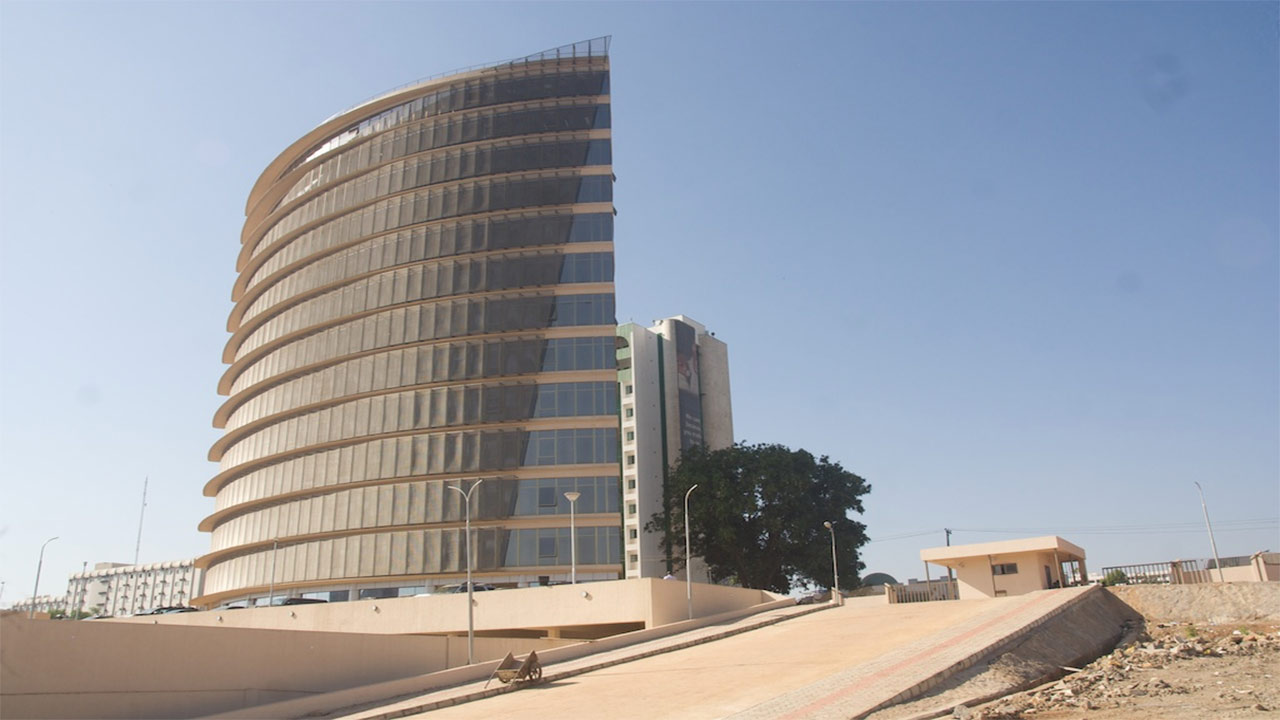- NCDMB, BoI Set Conditions for $200m NCI Fund Application
The Nigerian Content Development and Monitoring Board (NCDMB) and the Bank of Industry (BoI) have relaxed some of the conditions for accessing the $200 million Nigerian Content Intervention Fund (NCI Fund) by qualified oil and gas service companies.
NCDMB and BOI convened a stakeholders’ forum in Lagos recently to address the major challenges applicants face in processing their loan applications. The forum was chaired by the Executive Secretary of NCDMB, Mr. Simbi Wabote and the Managing Director of BOI, Mr. Olukayode Pitan. The forum recorded participation of 84 delegates from different companies.
Rising from the engagement, the NCDMB and BoI agreed that “the Bank of Industry may consider the inclusion of insurance bonds as collateral for accessing the fund, provided the bonds are issued by competent and major insurance companies qualified by the Bank.”
There was consensus that the BOI should accept other forms of collateral outside of bank guarantees, which were listed against each loan type and applicants that have unencumbered collateral acceptable to the BOI can access the NCI Fund loan without recourse to Bank Guarantee.
A key resolution was that an applicant can access loans for two different categories or product types, subject to the applicable single obligor limit under the scheme.
The NCDMB will also consider increasing the single obligor limit for refinancing from US$2 million to between US$5 million and US$10 million, particularly because many companies that attended the forum have such needs.
It was also agreed that there would be no discrimination between international oil companies and national oil companies, rather the history and performance of the Nigerian oil companies will be considered by the BoI when taking a decision.
The BoI also committed to standardise the conditions for obtaining bank guarantees from commercial banks and this would be issued to each applicant at the point of application to guide and speed up their pursuit of the document.
As part of efforts to ease access to the NCI fund, BoI would no longer insist on appointing a director on the board of borrowers; but would rather place an officer to monitor the project financed by the loan.
The NCI Fund is a portion of the Nigerian Content Development Fund (NCDF) set aside by the NCDMB for BoI to manage and lend directly to indigenous manufacturers, service providers and other key players in the oil and gas industry, to meet their funding needs.
The available types of funding under the NCI Fund include loans for manufacturing, asset acquisition, contract finance, community contractor finance and loan refinancing.
One per cent of all contracts, sub-contracts, projects and activities in the upstream sector of the Nigerian oil and gas industry is statutorily to be deducted and remitted to the NCDF, as stipulated by Section 104 of the Nigerian Oil and Gas Industry Content Development (NOGICD) Act of 2010.


 Forex3 weeks ago
Forex3 weeks ago


 Naira2 weeks ago
Naira2 weeks ago
 Billionaire Watch2 weeks ago
Billionaire Watch2 weeks ago




 Naira2 weeks ago
Naira2 weeks ago




 Naira2 weeks ago
Naira2 weeks ago




 Naira1 week ago
Naira1 week ago




 Naira4 weeks ago
Naira4 weeks ago




 Naira3 weeks ago
Naira3 weeks ago





















